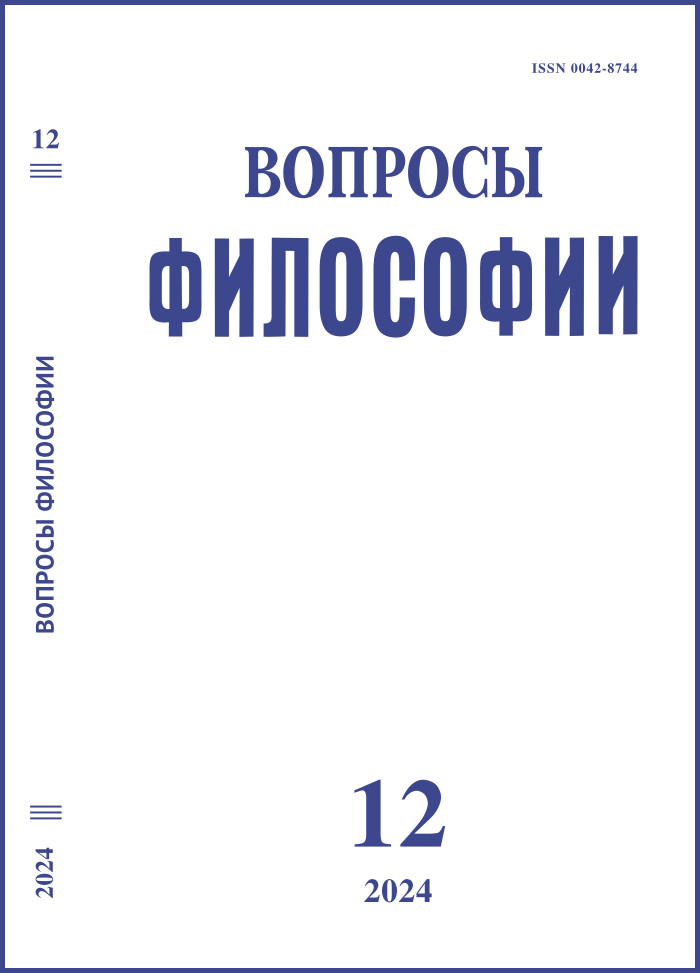References of Proper Names as a Philosophical Problem
DOI:
https://doi.org/10.21146/0042-8744-2024-12-64-71Keywords:
semantics, meaning, sense, reference, discourse, communication, understanding, analytical philosophy of languageAbstract
The essay presents criticism of an extremely popular (especially in linguistics and analytical philosophy) view of the semantics of certain types of linguistic expressions that play a key role in cognition and representation of reality, primarily proper names, which consists in attributing them a special type of meanings – the so called references. These are supposed to connect names and other expressions (as well as thoughts, beliefs, etc.) with objects of discourses (reasoning, etc.), mostly with real things, individuals, properties, events and alike. The author proposes a number of arguments against this type of semantics, in particular he focuses on the impossibility of achieving understanding of what was said by the real participants in linguistic communication if their denotations (or referents) are recognized as the main semantic contribution by some key components of discourses to the communication in question. The author defends what he calls “semantics without references”, in which the notion of reference may have some pragmatic meaning, but its use does not imply the existence
of corresponding semantic entities or relations tying up linguistic expressions, speech acts or anything with discursive input. This is shown in the analysis of the concept of propositions as carriers of truth values

